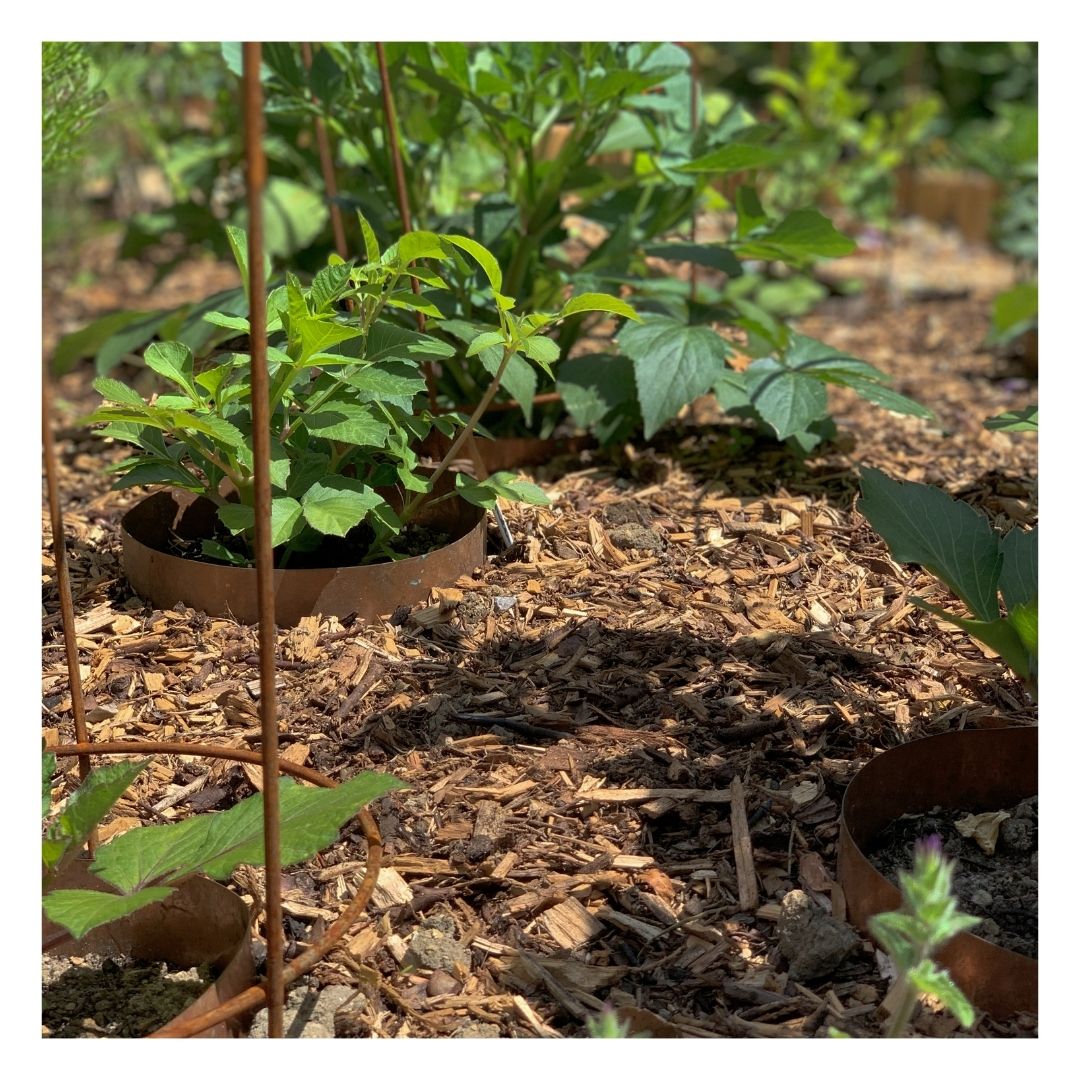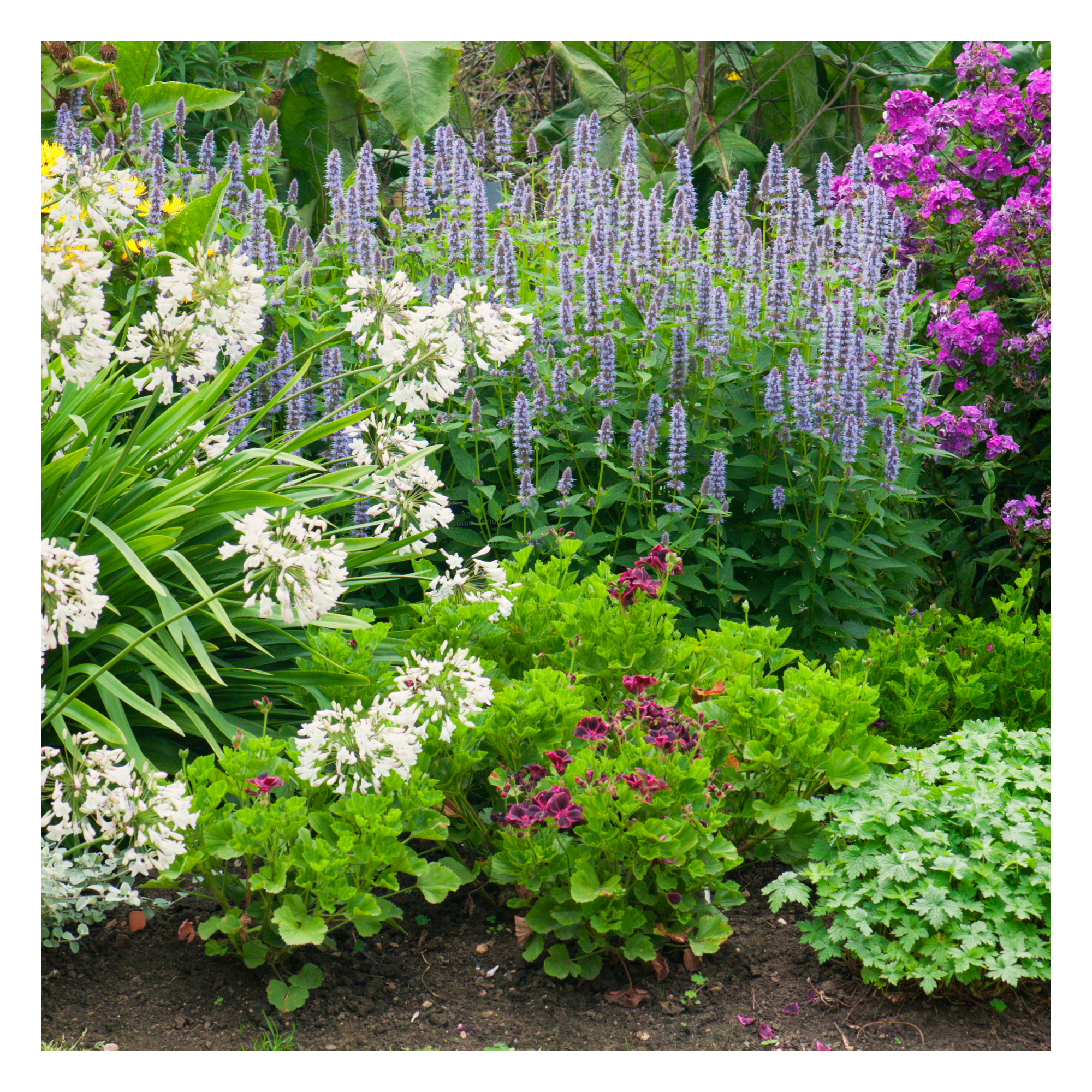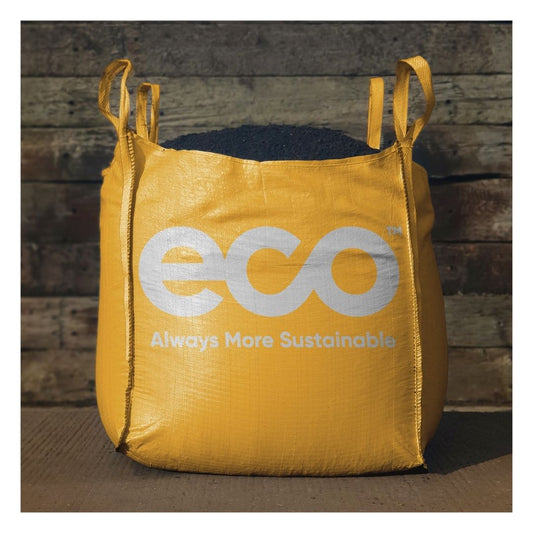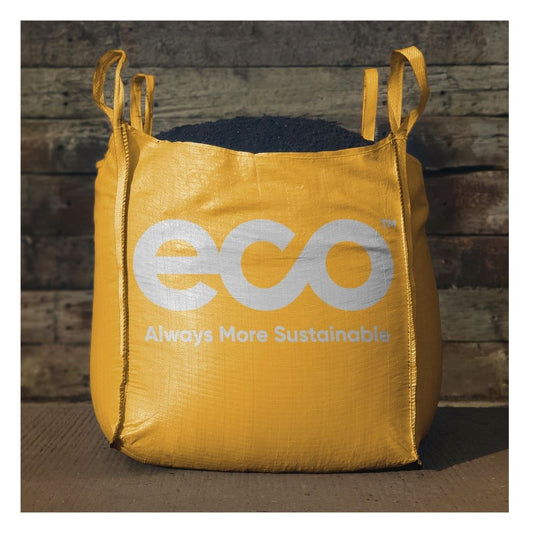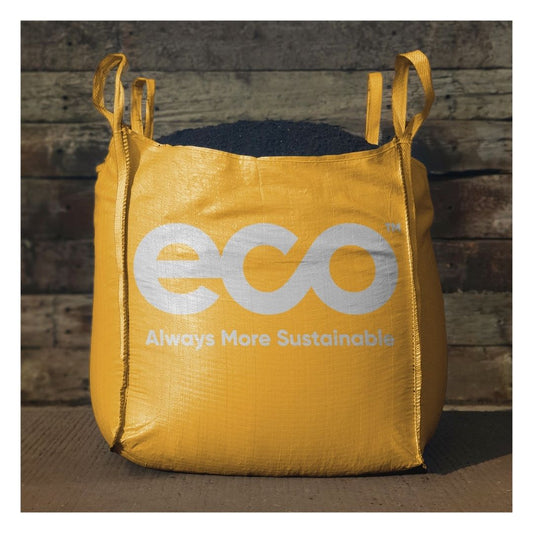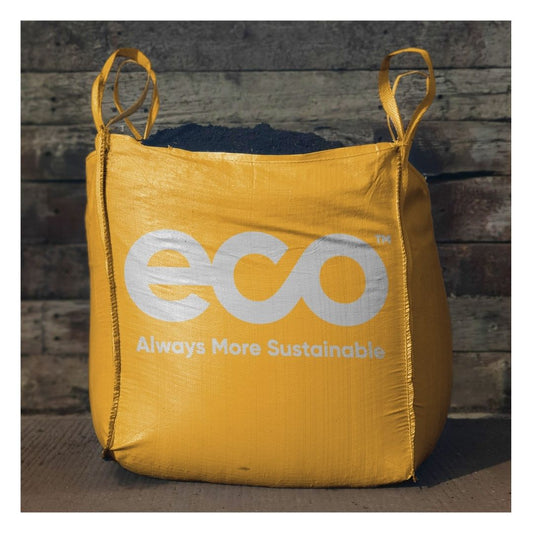The Importance of Soil Sampling
You can produce a luscious, modern, and beautiful landscape for your client, but it means absolutely nothing if it doesn’t last long enough for them to enjoy.
A huge part of how well a natural garden thrives, it down to the soil composition below your feet. Be it a flower bed, freshly planted sapling or simply some quality turf, they all rely on a specific chemical and nutritional balance in the soil to be able to thrive. Without the perfect soil balance, within weeks what was a beautifully designed and executed landscape could now be wilted, struggling and even dying off – leaving clients less than impressed.
This is where soil sampling and testing comes in.
What does soil sampling involve?
Soil sampling involves the analysis of a soil sample (from the area of which you will be landscaping) to give you clear information on the soil. This will include its nutrient content, composition and other characteristics that are important to plant health, such as acidity and pH level and detrimental contaminants.
To get your landscape’s soil tested, you can send a sample to a lab for a full test. DIY testing is also available, how they are often less informative.
Laboratory soil test
A laboratory soil sample test will give you important information about the soil’s nutrient level. A good lab test won’t just simply give you the results for the 3 key soil nutrients, nitrogen, phosphorus and potassium. The test should also give you results for secondary and minor nutrients (sulphur, calcium, magnesium, iron, copper, zinc, etc.).
A quality test will give you information regarding the soil’s pH level, whether it is particularly acidic or alkali. This information will allow you plan the horticultural aspects of landscaping accordingly, to ensure that you are using species of plants that are hardy or suited to the natural soil condition. Some plants enjoy acidic soil, some alkali, some flourish on nitrogen rich or magnesium rich soils.
Alternatively, if the soil doesn’t match your architect’s plan, this laboratory information will allow you to treat the soil to make it more hospitable for your desired plants. If the soil is too acidic, or too alkali, a solution can be fed into the area to bring it closer to the optimal environment. The laboratory results will also give you the information to fertilise it with nutrients that it needs, rather than a blanket nutrient rich fertiliser. This reduces the risk of over-fertilising and can also be more cost effective.
Key test information
The test will also give you key information about any dangerous contaminants in the soil that could pose a danger to people, local wildlife or plant species. Some soil areas can be contaminated naturally, or from manmade sources. A quality laboratory test will show the levels of any dangerous contaminants such as, arsenic, barium, cadmium, mercury and lead. Not only should children and pregnant women avoid content with contaminated soil, but these chemicals can be damaging to local water sources, or water features that are added in afterwards – installing a pond in a lead rich soil is not an ideal plan.
Clear soil source information
Finally, landfill and soil recyclers like us will require clear source information for any soil that is intended to be submitted. This allows us to ensure that all of our recycled soil is of the greatest quality, free from contaminants. A solid way of providing this information is to submit a full laboratory soil sample test.
Shop Eco Soils
-
Eco Organic Topsoil: Fruit & Veg
Regular price £121.95 GBPRegular priceUnit price per -
Eco Organic Topsoil: Beds & Borders
Regular price £121.95 GBPRegular priceUnit price per -
Eco Organic Topsoil: Supersoil
Regular price £121.95 GBPRegular priceUnit price per -
Eco Organic Topsoil: Coarse Mix
Regular price £116.95 GBPRegular priceUnit price per
